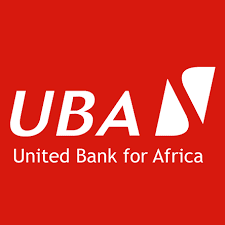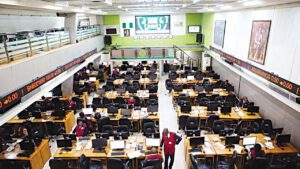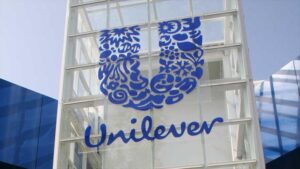BUA Foods’ strong financial results in 2022 demonstrate growth potential for shareholders
BUA Foods reported an impressive performance in 2022, with revenue up 25.53 per cent YoY to N418 billion, driven by impressive growth from the sugar segment, which accounted for 66 per cent of the group’s revenue.
Despite severe macroeconomic headwinds, such as inflation and currency devaluation, BUA Foods’ profit before tax surged by 38 per cent to N107.230 billion, while earnings per share grew by 19.58 per cent.
BUA Foods’ strong business fundamentals and growth potential, demonstrated by its investments in the sugar industry, rice milling facility, and edible oil plants, suggest that the company is well-positioned to continue to sustain its revenue growth trajectory and deliver value to shareholders.
One of Nigeria’s leading integrated consumer goods companies, BUA Foods, recently released its full-year financial report for the year ended December 31, 2022, reporting an impressive performance.
Revenue was up 25.53 per cent year-on-year to N418 billion on the back of impressive growth from the sugar segment; accounting for 66 per cent of the Group’s revenue.
According to the company, the increase in revenue was due to a year-on-year increase in its Sugar division which saw sales surge by 31 per cent to N274.2 billion (12M 2021: N209.4 billion). The impressive performance of its Sugar division was driven by price adjustments and export sales within the period. The company reports volume sold increased slightly by 1.00 per cent to 607,218 tons within the period.
Other divisions such as the Flour and Pasta business also recorded impressive revenue growth of 24 Per cent (N86.1 billion) and in Flour to N86.1 billion and 6 per cent (B57.4 billion) respectively. The flour and Pasta business contributes 20 per cent and 14 per cent to the top line respectively.
For its Flour business, made up of bakery flour and wheat barn, a 16 per cent drop in combined volumes sold (170, 820 tons) meant it had to also rely on price adjustments and a “redesigned route to market” to drive revenue growth. The pasta division also recorded drops in volumes but relied on price adjustments to deliver higher revenue growth.
The company’s 200,000 MT per annum rice milling facility in Kano has also been upgraded and commissioned. It will be fully commercialized in 2023 providing the company with another source of incremental revenue. Also, 250,000 MTPA edible oil plants are expected to be operational in the next 3-5 years
BUA Foods’ current performance is likely to provide a positive outlook for its shareholders’ medium to long-term view of their investments. The company’s revenue growth across all divisions, despite macroeconomic headwinds, and its commitment to rewarding shareholders with dividends demonstrate its strong business fundamentals and growth potential.
Additionally, the company’s investments in the sugar industry, rice milling facility, and edible oil plants suggest that it is well-positioned to continue to sustain its revenue growth trajectory.
With its current price-to-earnings multiples of 20x, the company’s stock is likely to remain attractive to investors who seek long-term capital appreciation and dividends. Therefore, BUA Foods’ current performance is likely to offer its shareholders confidence and optimism in their medium to long-term view of their investments.
BUA Foods reported an impressive performance in 2022, with revenue up 25.53 per cent YoY to N418 billion, driven by impressive growth from the sugar segment, which accounted for 66 per cent of the group’s revenue.
Despite severe macroeconomic headwinds, such as inflation and currency devaluation, BUA Foods’ Profit Before Tax surged by 38 per cent to N107.230 billion, while earnings per share grew by 19.58 per cent.
BUA Foods’ strong business fundamentals and growth potential, demonstrated by its investments in the sugar industry, rice milling facility, and edible oil plants, suggest that the company is well-positioned to continue to sustain its revenue growth trajectory and deliver value to shareholders.
One of Nigeria’s leading integrated consumer goods companies, BUA Foods, recently released its full-year financial report for the year ended December 31, 2022, reporting an impressive performance.
Revenue was up 25.53 per cent year-on-year to N418 billion on the back of impressive growth from the sugar segment; accounting for 66 per cent of the Group’s revenue.
According to the company, the increase in revenue was due to a year-on-year increase in its Sugar division which saw sales surge by 31 per cent to N274.2 billion (12M 2021: N209.4 billion). The impressive performance of its Sugar division was driven by price adjustments and export sales within the period. The company reports volume sold increased slightly by 1.00 per cent to 607,218 tons within the period.
Other divisions such as the Flour and Pasta business also recorded impressive revenue growth of 24 Per cent (N86.1 billion) and in Flour to N86.1 billion and 6 per cent (B57.4 billion) respectively. The flour and Pasta business contributes 20 per cent and 14 per cent to the top line respectively.




